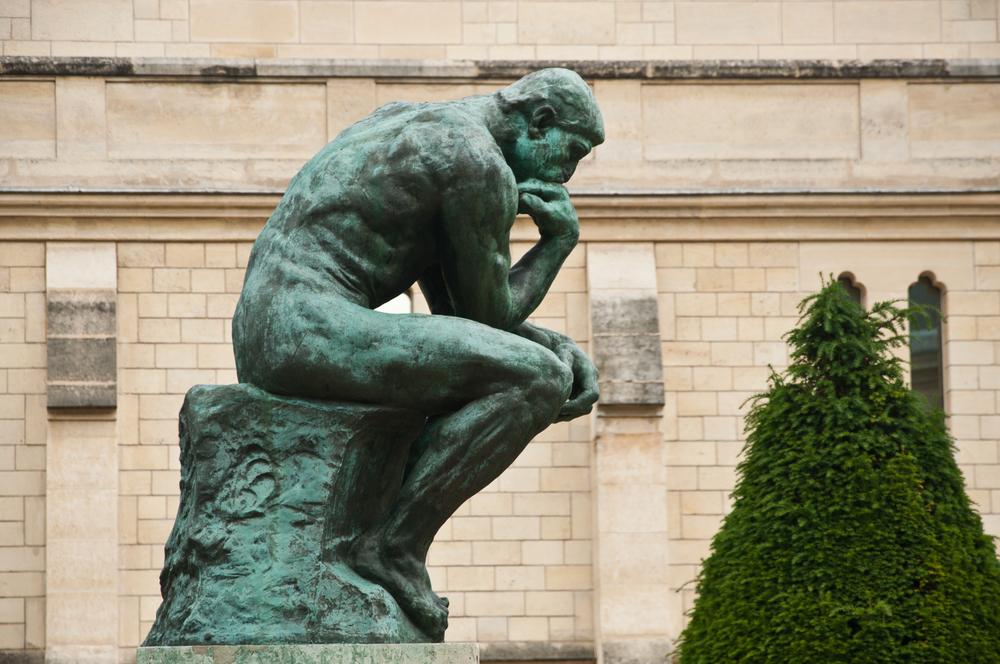Commentary
Remember “Science”? Of course you do. How could you forget it when your neighbors, like mine, have signs posted in their front yards proclaiming that “Science is real.”

Remember “Science”? Of course you do. How could you forget it when your neighbors, like mine, have signs posted in their front yards proclaiming that “Science is real.”